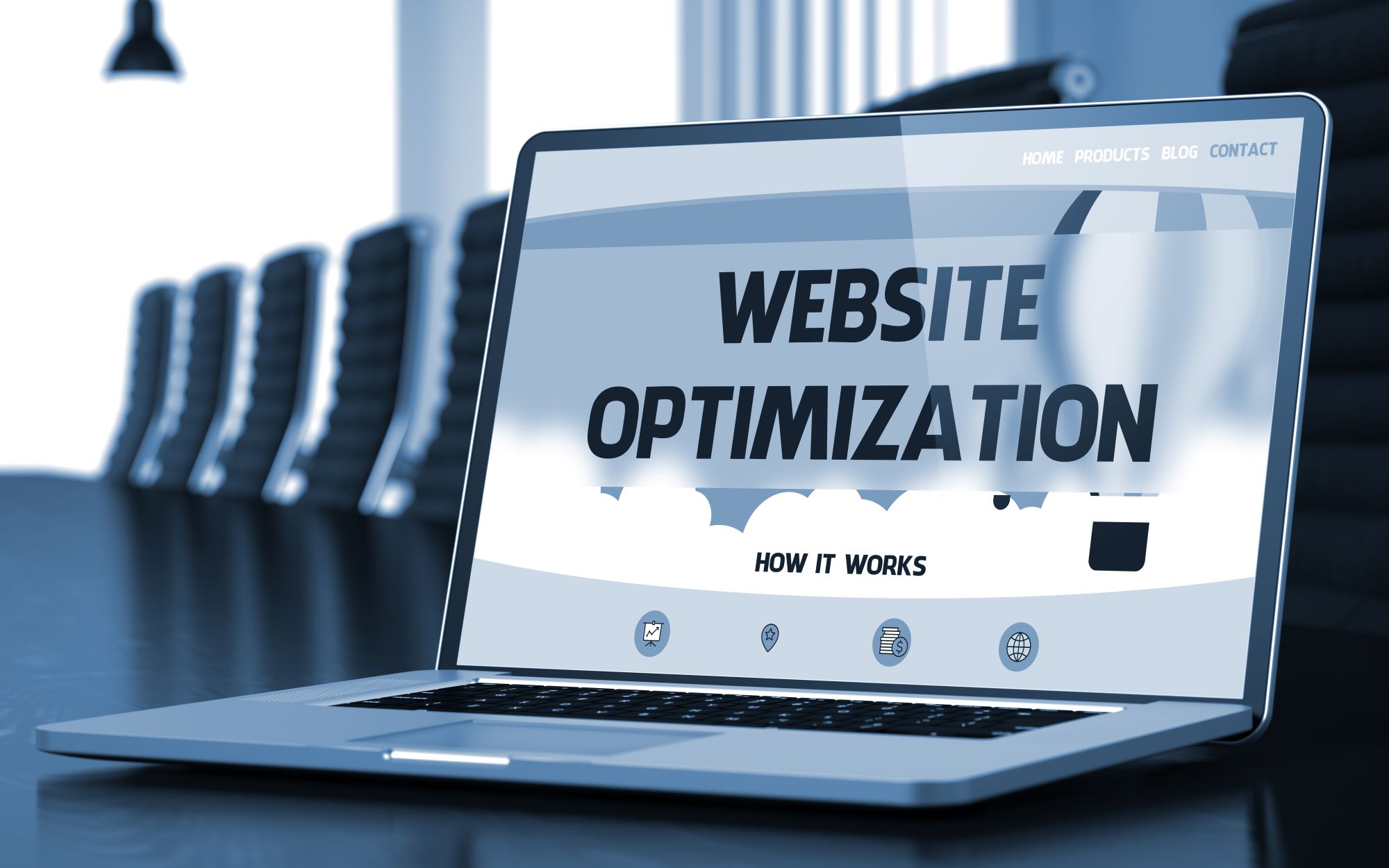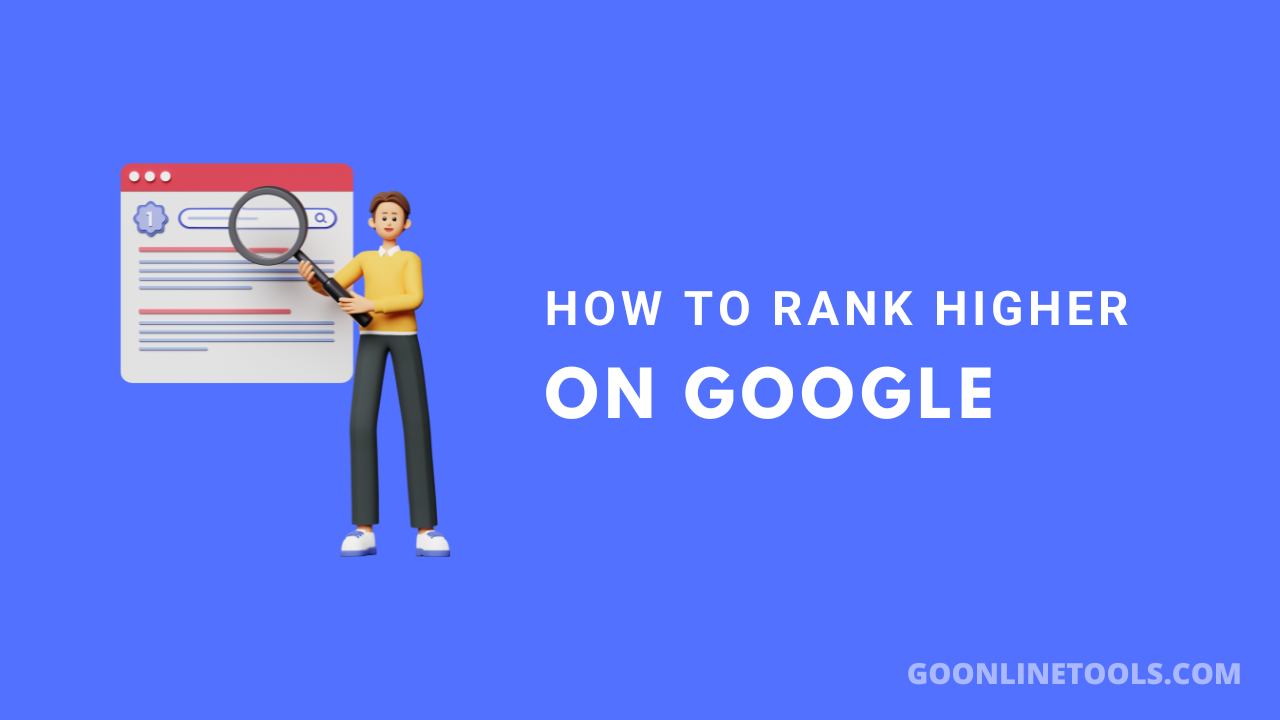
The rapid growth of AI writing tools has changed how businesses produce online content. While these tools can speed up production, they also raise a major concern about authenticity.
Search engines like Google have made it clear that they value original, helpful content written primarily for people, not algorithms.
That’s why using an AI check has become an essential step for marketers, editors, and SEO professionals who want to avoid penalties and keep their content ranking high.
Why Google Penalizes AI-Generated Content
Google’s algorithms have evolved to identify patterns in content that suggest automation. While the company doesn’t penalize AI writing just because it’s AI-generated, it does penalize content that feels thin, repetitive, or unoriginal, common signs of low-quality automation.
When websites publish large amounts of AI-written text without proper editing or fact-checking, they risk being flagged for issues such as:
- Duplicate or low-value content: AI tools often paraphrase existing web material, leading to repetition and minimal originality.
- Keyword stuffing: Some automated systems overuse keywords unnaturally, triggering spam filters.
- Lack of expertise or authority: AI often struggles to demonstrate first-hand experience or credible insights, both of which are vital for Google’s E-E-A-T standards (Experience, Expertise, Authoritativeness, and Trustworthiness).
These red flags don’t just harm rankings — they damage credibility. A consistent decline in search visibility or traffic is often the first sign that a site’s content may have been over-optimized or flagged by quality algorithms.
How an AI Check Helps Protect Your Website
An AI check tool acts as a digital safeguard, scanning text to determine whether it’s been generated or influenced by artificial intelligence. But its value goes beyond mere detection — it’s about ensuring that what you publish aligns with Google’s expectations for human-centered, trustworthy writing.
1. Detecting AI Patterns Before Publishing
AI writing tends to leave recognizable patterns — repetitive phrasing, predictable sentence structures, and a lack of stylistic variation. Running an AI check before publishing helps identify these patterns, allowing you to rewrite or refine problem areas. This keeps your brand’s tone consistent and your content organic.
2. Maintaining Editorial Integrity
For agencies or teams managing multiple writers, ensuring quality control is critical. An AI check helps editors confirm whether content was produced ethically and matches client guidelines. This step not only protects your SEO strategy but also upholds professional standards across the board.
3. Avoiding Duplicate or Spin Content
Some AI tools use existing online text as training data, occasionally resulting in content that closely mirrors published material. This duplication can harm SEO and even cause copyright issues. AI check tools can detect overlaps early, giving teams the opportunity to rewrite or properly cite sources before publication.
4. Supporting Google’s Helpful Content Update
Google’s Helpful Content Update prioritizes articles written with a clear purpose, depth, and user benefit. Running an AI check ensures your content meets this requirement by highlighting robotic or filler-like sections that don’t contribute real value. Editing these sections improves readability, engagement, and ranking potential.
Best Practices for Using AI Check Tools in SEO Workflows
An AI check is most effective when integrated into a structured content workflow rather than used sporadically. Here’s how to make it part of your SEO process:
Integrate Checks During Editing, Not After Publishing
Running AI detection after an article is live is reactive. Instead, build the AI check step into your editing process. This ensures only approved, verified content reaches your audience.
Combine Detection With Human Review
AI tools can’t always interpret nuance or context accurately. Pair automated detection with a human editor who can evaluate tone, logic, and readability. This combination produces the best-quality content and minimizes the risk of false flags.
Use AI Responsibly
AI-assisted writing isn’t inherently bad — it can be a helpful drafting tool. The key is transparency and oversight. Use AI to brainstorm ideas or generate outlines, but rely on human writers to develop insights, add data, and craft final versions. Then, use an AI check to confirm the end product aligns with search standards.
Keep Your Content Diverse
Google rewards unique perspectives. Mix expert interviews, original data, and real-world examples into your articles. This human touch is something AI can’t replicate — and it’s what makes your content stand out.
Real-World Impact: Why Authentic Content Wins
Websites that rely too heavily on unedited AI writing often experience temporary traffic spikes followed by sharp declines. In contrast, sites that prioritize authenticity and verification maintain steady growth.
For example, marketing agencies that adopted AI check tools early reported improved engagement metrics. Their bounce rates dropped, average session time increased, and client trust improved. This is because authentic, reader-first content naturally performs better across search and social channels.
Another advantage is brand protection. When your audience trusts that your content is human-verified, it enhances your authority. Google rewards that kind of credibility over time, especially in competitive niches like finance, health, or education.
Moving Forward With Smarter SEO
As AI-generated text becomes more sophisticated, detection tools will continue to evolve. But the principle behind using an AI check will remain the same: protecting your brand’s voice, maintaining search compliance, and building trust through genuine writing.
For SEO teams and content creators, the solution isn’t to reject AI but to manage it responsibly. By combining creative human insight with careful verification, you can maintain both efficiency and authenticity, keeping your site safe from penalties while delivering content that truly matters to readers.
Amelia
Amelia is a skilled writer specializing in AI, creating engaging content that informs and inspires. She stays ahead of the latest trends to help businesses connect with their audience in a rapidly evolving digital world.
View all postsComments 0
No comments yet. Start the conversation!





